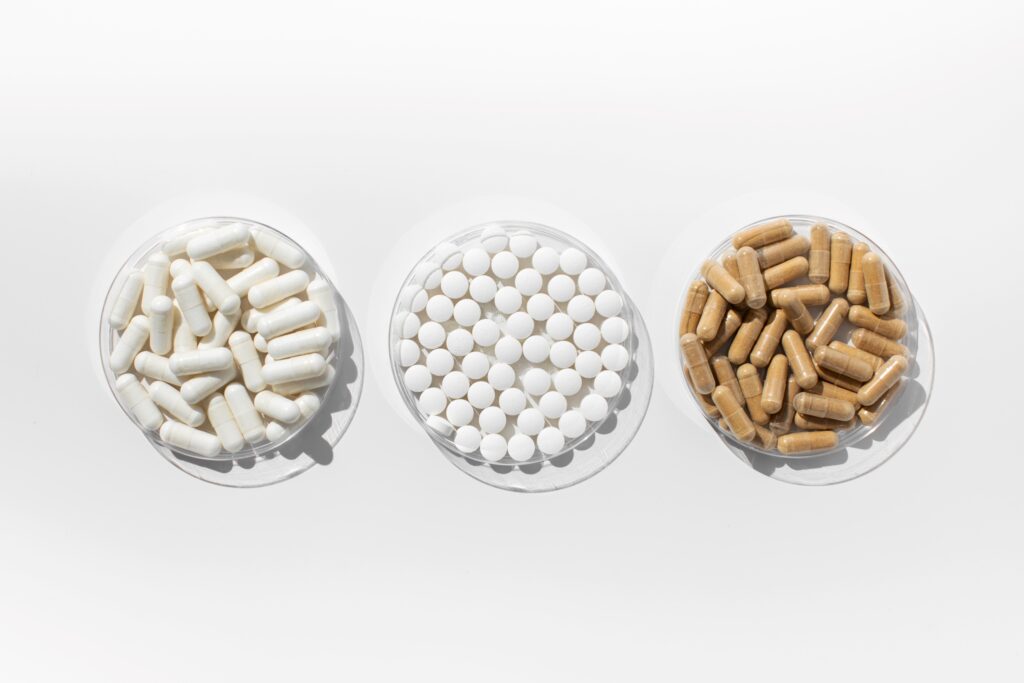Soft Gels: The Role of Plasticizers

Soft gelatin capsules or soft gels are an excellent formulation choice for compounding actives that are challenging to administer using conventional oral formulations. Poorly soluble APIs, volatile oils, or actives with unpleasant odor or taste can be effectively formulated into soft gel formulations. Softgel manufacturing, however, requires specialized equipment, controlled conditions, and most importantly, reliable ingredients of consistent quality and specifications. At Quadra, we offer quality ingredients to make customized shells and fills to achieve a formulation that meets our customer’s needs.
The advent of drug discovery and high throughput screening efforts in the last decade have resulted in new chemical entities (NCEs) with low aqueous solubility and permeability (BCS class II or class IV). These suboptimal physicochemical properties create significant challenges for oral absorption and the development of orally bioavailable dosage forms. The soft gel formulation can offer unique advantages in improving the oral absorption of such poorly soluble compounds by delivering them at the site of absorption in an already solubilized form thereby removing the additional dissolution rate-limiting step in the absorption process. Additional advantages include dose uniformity with low-dose products, improved drug stability, and ease of swallowing resulting in improved patient compliance. However, due to the dynamic nature of the formulation matrix, manufacturing process, and shelf-life, the formulation technology can be challenging.
Softgels can be used to encapsulate a variety of fill materials including solutions, suspensions, and emulsions. However, creating a robust shell matrix is especially important to ensure efficient encapsulation, protection and achieve required drug release properties. Softgels require formulators to carefully select the right combination of shell ingredients and liquid-fill composition to ensure dosage integrity. To date, gelatin is the primary shell material for softgels although non-gelatin options are evolving. A key shell ingredient that influences how the shell and liquid fill interact is the plasticizer. A plasticizer is a substance added to the capsule shell’s gelatin base to improve its elasticity and durability. Further, selecting the right plasticizer minimizes the risk of defects such as sticking, brittleness, and leaking and can also enhance the process performance.
Glycerin has been the most commonly used plasticizer by soft gel manufacturers due to its low molecular weight and high hygroscopicity, having high plasticizer effectivity, high compatibility, and low volatility, and is usually employed for oil-based fill formulations. Sorbitol is another plasticizer that is used for polyethylene glycol (PEG)-based fill formulations as the migration of PEG to the shell is reduced due to its insolubility in sorbitol. It is also preferred for fill formulation with volatile components to reduce its diffusion into gelatin film. A combination of glycerin and sorbitol has also been shown to work well in certain formulations.
Quadra offers high-quality, purified grades of glycerin as well as sorbitol that are muti-compendial and these materials are available to meet specific customer requirements in terms of quality, certification, and origin, like Kosher, Halal, Feed, Food/E422, non-GMO, RSPO, etc.
Talk to an Expert

Dr. Nilesh Patankar, Head of Formulation & Innovation
Currently working at Quadra as Head of Formulation and Innovation. This is an industry liaison role through which Nilesh provide the required scientific, technical expertise and support to Quadra’s customers and suppliers. Before joining Quadra, Nilesh obtained a PhD in Pharmaceutical Sciences from University of British Columbia, Canada and have worked in the Pharmaceutical R&D and product development for over twelve years. Nilesh’s expertise includes end-to-end product development, scale-up and technology transfer for a variety of dosage forms. Nilesh possesses extensive knowledge of ingredients and their functionality in the finished products. Nilesh has six research articles published in high impact international journals with over one hundred citations.
